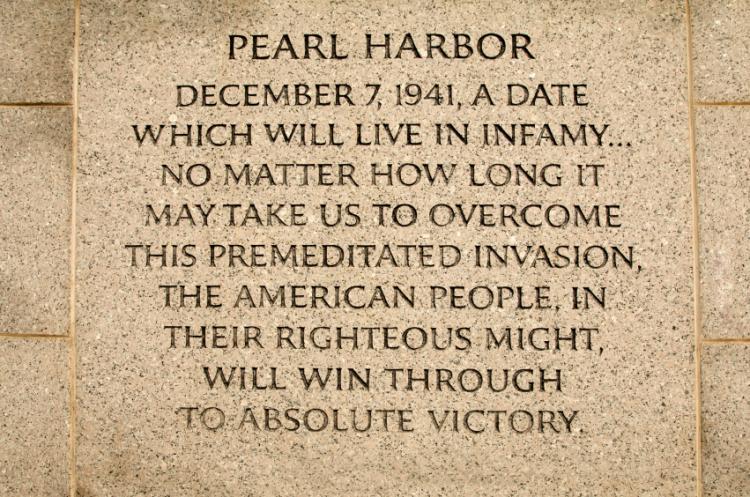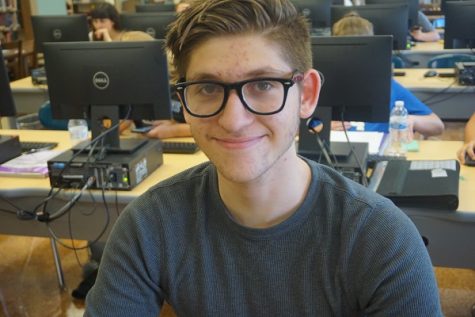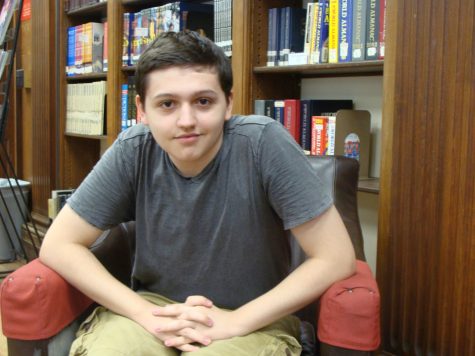Remembering Pearl Harbor
December 7, 2016
In Hawaii on December 7th, 1941, 360 Japanese planes bearing the symbol of the red Rising Sun crashed into Pearl Harbor with full intent to weaken the naval power of the United States, knowing that the pilots of the planes would not survive this suicide assault. The United States took this emotionally devastating blow and joined the Allied Powers in WWII. To remember the 2,400 Americans that were killed and 1,200 that were wounded, the Clarion asked local history teacher Mr. Ward about some of the history of the attack on Pearl Harbor.
Clarion Reporter: What was the primary reason for the attack on Pearl Harbor?
Mr. Ward: The Japanese were expanding their sphere of influence in the “Asian Theater” and the US felt that this would put our long held “Open Door Policy” in jeopardy. We felt that Japan would hurt our interests in the region, thus we placed sanctions on them. Japan made the decision to strike a blow to the US Pacific Fleet while simultaneously taking over a large area in the Pacific- creating in effect an empire.
Clarion Reporter: What was the cultural impact on America because of these attacks? Aside from a military standpoint, how did the American people react to the Pearl Harbor attacks?
Mr. Ward: In an era of Isolationism (the US attempting to stay out of world conflict) the attack galvanized support for a war effort and prompted a mobilization of the US economy never seen before.
Clarion Reporter: What are some unknown, important or not, facts about Pearl Harbor?
Mr. Ward: After the attack, it has been reported that the commanding officer of the Japanese fleet reportedly stated “I am afraid all we have accomplished is to wake a sleeping giant.” Great quote but probably not true.
Clarion Reporter: What would have happened if the Japanese didn’t attack Pearl Harbor?
Mr. Ward: Interesting question, I do not think the US gave the Japanese any choice but to go to war. It would probably have delayed the US entry into the European war. However, I believe that, ultimately, war was inevitable [because of the growing power of the Third Reich and the increasing threat on America’s trade deal with the Asian Economic Sphere.]
Clarion Reporter: Is there anything else you would like to say but didn’t have the opportunity to do so?
Mr. Ward: Japanese Prime Minister Shinzō Abe is to visit the Pearl Harbor site on December 27th with President Obama- the first Japanese Prime Minister to do so.
The Clarion would like to thank Mr. Ward for answering these questions and helping spread information to those who do not know about this somber day in American History. The Clarion would also like to remember those who have fallen, and those who fight, trying to protect American values; life, liberty, and the pursuit of happiness.



